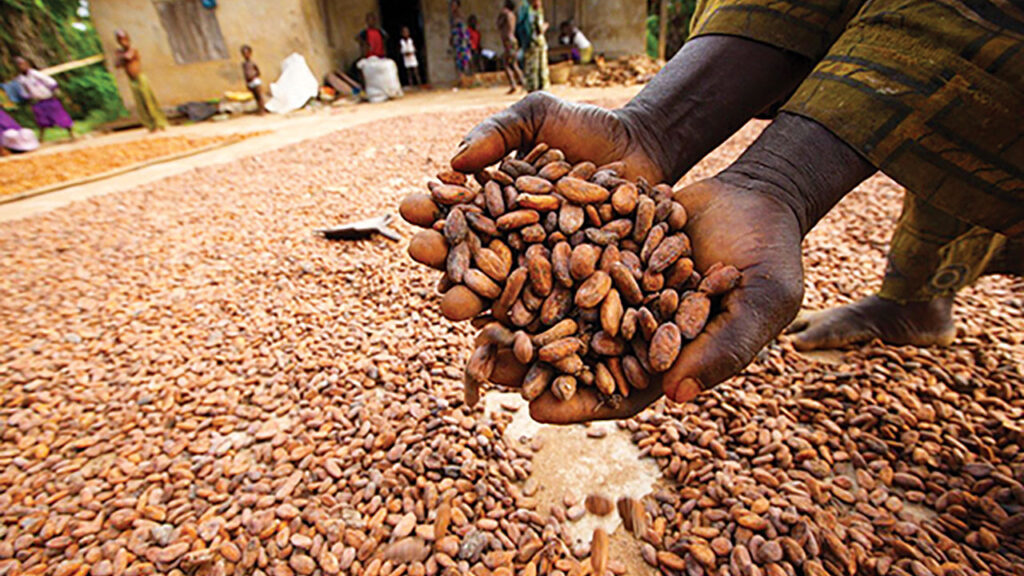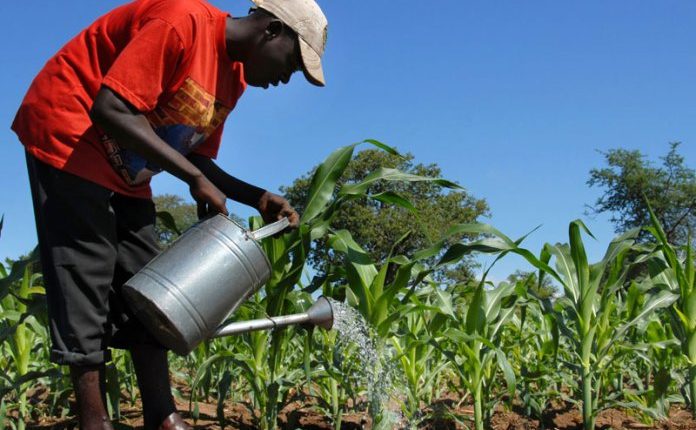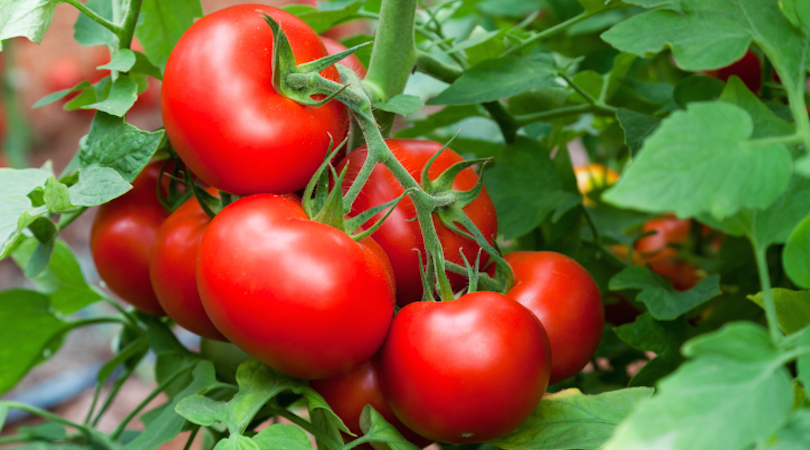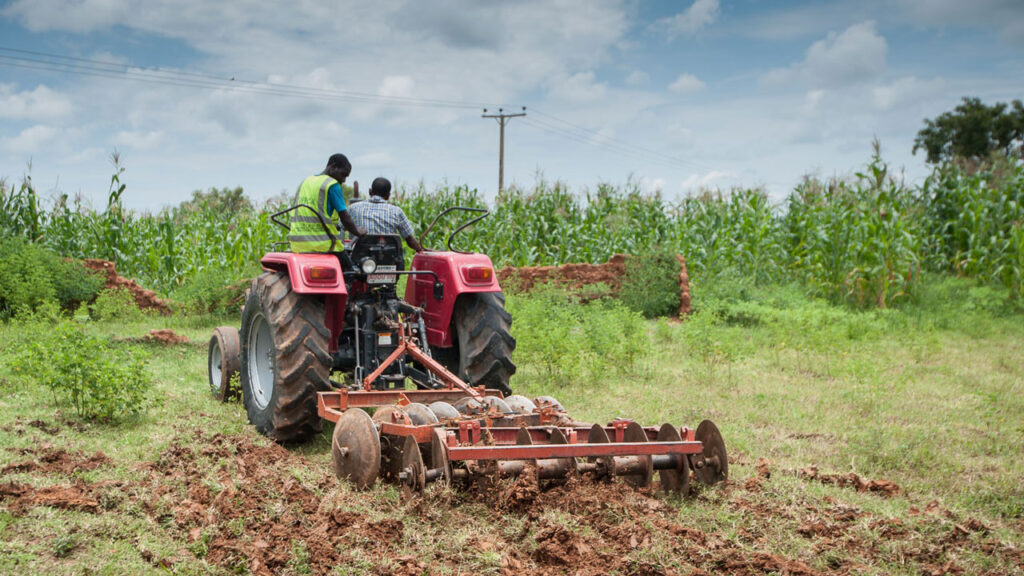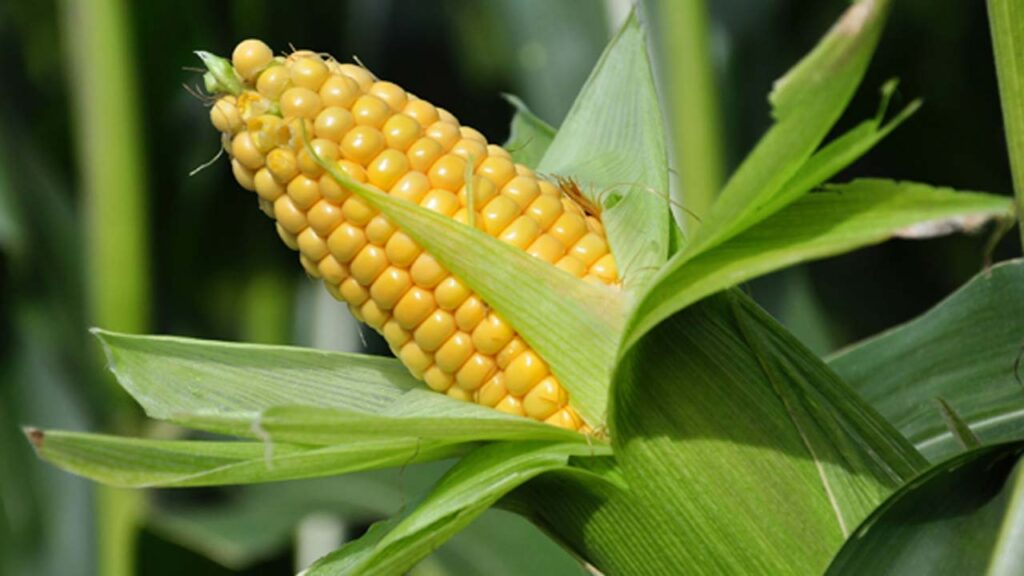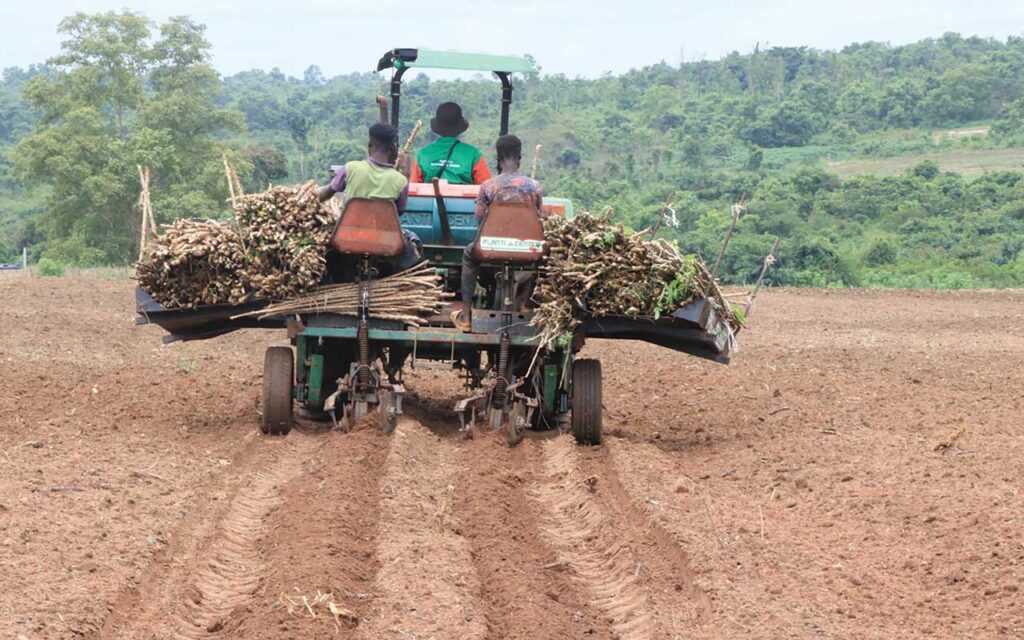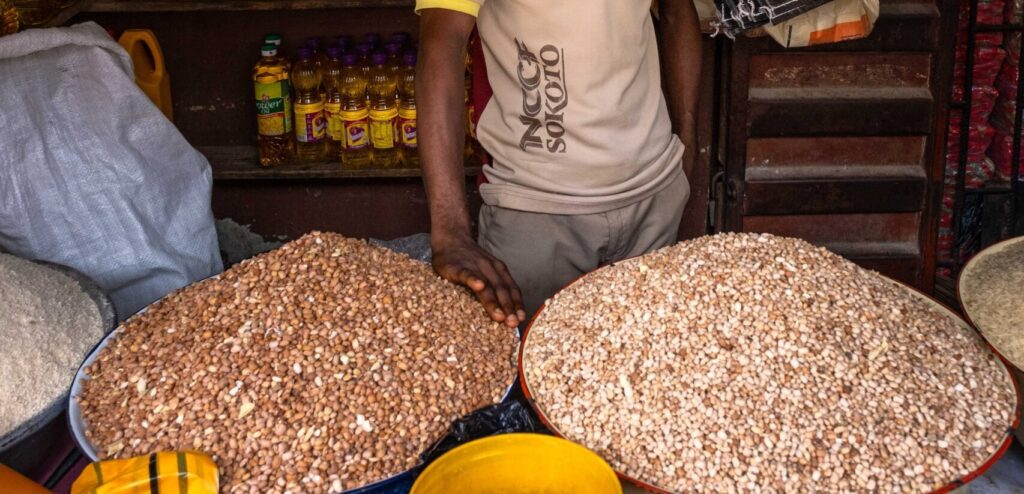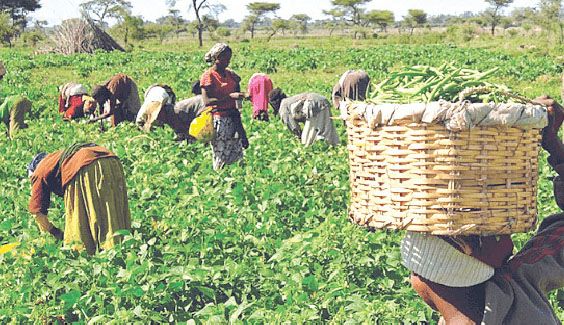
Fairtrade Messe, OTACCWA set to hold exhibition, conference
Food cold chain industry, it has been revealed, is worth over N300 billion, but Nigeria is getting next to nothing as a low-key player.
The President of OTACCWA, Alexander Isong and Managing Director, Fair-Trade Messe, Paul Maerz disclosed this during a briefing on forthcoming agro-food and packaging materials exhibition in the country.
Isong said: “The partnership with Fair-trade is a synergy of purpose because preservation, transportation and storage go hand in hand with agro-food and packaging, especially in an environment like Nigeria with large post-harvest losses.”
Meanwhile, Paul Maerz said exhibitors would come from different countries of the world, including Russia, USA, Japan and Egypt, and that the exhibition would be centered on agro-food, which covers agriculture, food processing, ingredients, and also on plastic, printing and other packaging materials.
“The exhibition will feature latest machines, latest technologies to improve high quality products in the country, industrialization, which will lead to creation of more jobs.
Topics to be discussed during the exhibition are reducing, reusing, recycling of food-related materials; the need for standardised productions and financing.
Fairtrade Messe, German trade show specialist, in collaboration with the Organisation for Technology Advancement of Cold Chain in West Africa (OTACCWA), is set to host the seventh edition of the agro-food and plast-print-park exhibition and conference in Nigeria.
A series of breakfast meetings have been held in five states of the country as part of sensitisation for the forthcoming exhibition and conference alongside the fourth West Africa Cold Chain Summit and Exhibition (WACCSE) scheduled for the 22- 24 March, 2022 at the Landmark Centre, Lagos.
The meetings held in Abuja, Kano, Lagos, Abeokuta and Awka brought together stakeholders, exhibitors and investors who engaged in business-to-business meetings and open dialogue sessions.
Africa’s biggest economy has seen its food production increase in recent years owing to the government’s renewed focus on agriculture, but not at the same pace as its population.
According to experts, for Nigeria to leapfrog to the fourth industrial revolution in agriculture and ensure it feeds its rapidly growing population, there must be a proliferation of new technologies across the value chain to drive production and reduce food loss and waste.
Isong said OTACCWA was into advocating business-to-business for the health sector because 60 per cent of medicine has to go through cold chain, but, he lamented, the state of cold chain is next to zero in Nigeria, as nothing is on ground.


